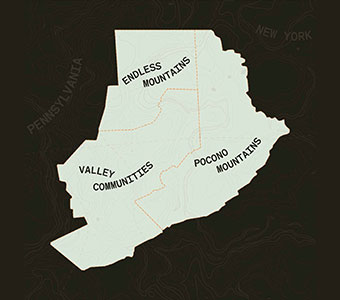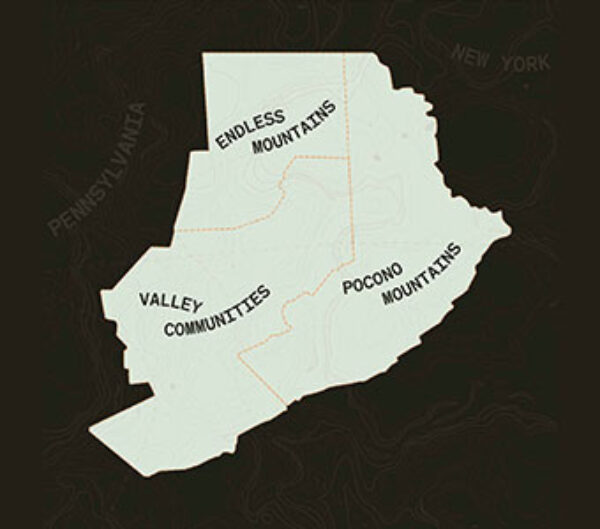February is American Heart Month. We’ve teamed up with Geisinger Health Systems to bring you expert advice and tips for maintaining heart health and for understanding risks and warning signs of potential heart-related illnesses.
Chest Pain Should be Evaluated
In a complementary column, I covered the spectrum of chest pain as it relates to heart attacks and the different degrees of severity and complexity that can follow a cardiac event.
Unfortunately, the actual source of chest pain is not always easy to identify for most people, including physicians. Non-cardiac chest pain can happen for a variety of reasons, and when we’ve experienced it before, it doesn’t always throw up a red flag that something might be seriously wrong.
Today, we’ll discuss a couple of sources of non-cardiac chest pain and consider how the pain they cause might be different than that caused by your heart. But the most important point to take away from this column is simple: If you’re having chest pain that concerns you or that you haven’t experienced before, call 911 immediately.
According to a 2020 article published by Harvard, only about 20 percent of the millions of Americans who visit emergency rooms with chest pain every year are having a heart attack or unstable angina, the precursor to a heart attack.
One of the most common sources of non-cardiac chest pain is heartburn, which is also called acid reflux. When stomach acids move back up our esophagus, it can cause a sensation of burning, pain and even tightness in the chest and throat.
Heartburn can come on suddenly and cause sharp pain, but it usually doesn’t last long. If your pain subsides by taking over-the-counter antacids or by getting up and moving around, it’s a good sign it’s not heart related. If, however, your chest pain lasts more than five minutes and seems to intensify over time, call for an ambulance.
Anxiety is another common condition that can produce chest pain. When we have an anxiety attack, our brains release adrenaline, which raises our heart rate and blood pressure and can lead to symptoms that can be alarmingly similar to those of a heart attack.
Chest pain, trouble breathing, dizziness, nausea and even a sense of impending doom can accompany an anxiety attack. The outstanding difference between heart attack and chest pain caused by anxiety can be the location of the pain. While anxiety-induced pain is typically isolated to the chest, heart attack-induced pain can radiate from the chest to the arms, back, neck and jaw, but even this distinction is not a reliable way to rule out heart attack.
Heartburn and anxiety aren’t the only two conditions that can cause non-cardiac chest pain. Other gastrointestinal issues, muscle aches and injuries, asthma and other lung diseases, including dangerous lung blood clots, are among the other issues that can lead to chest discomfort and need to be evaluated.
Regardless of the cause, you’ll want to consider the type, location and duration of the pain, whether you’ve experienced it before, whether it’s getting worse, and what you were doing before the pain started. This information will help you decide whether you’re having a health emergency and prepare you for a conversation with your doctor.
If your chest pain is new, severe, or prolonged and getting worse, get to an emergency room as soon as you can, and don’t ever drive yourself. In fact, rather than have a loved one take you there, call 911 to get an ambulance to your house. Emergency medical services providers can begin lifesaving heart attack care while you’re on your way to the hospital.
When in doubt, call for help. Emergency department teams absolutely love when they can send someone back home, reassured that they’re not having a heart attack, because that’s the price we pay to be sure we get life-saving treatments to those who are.



























